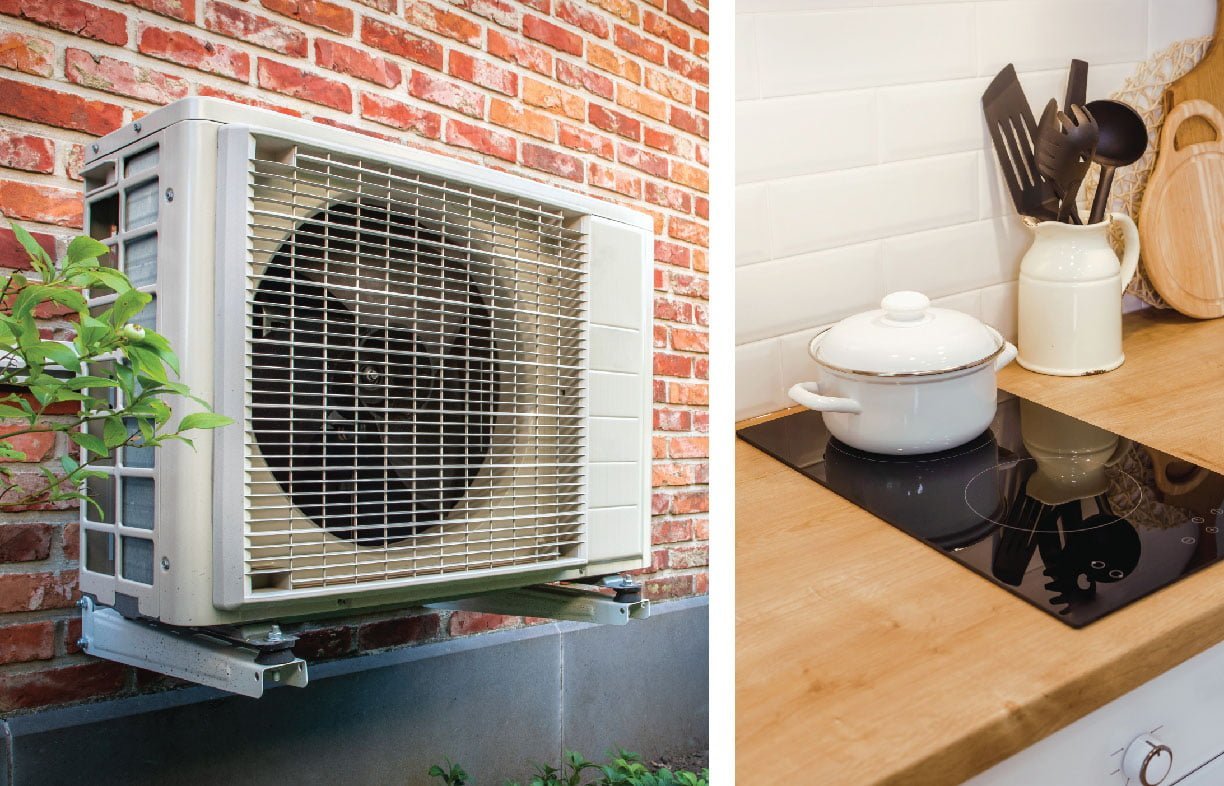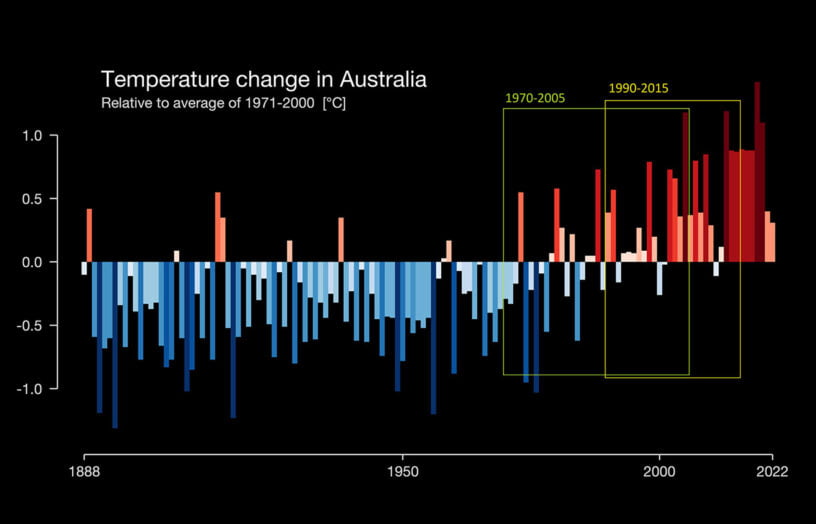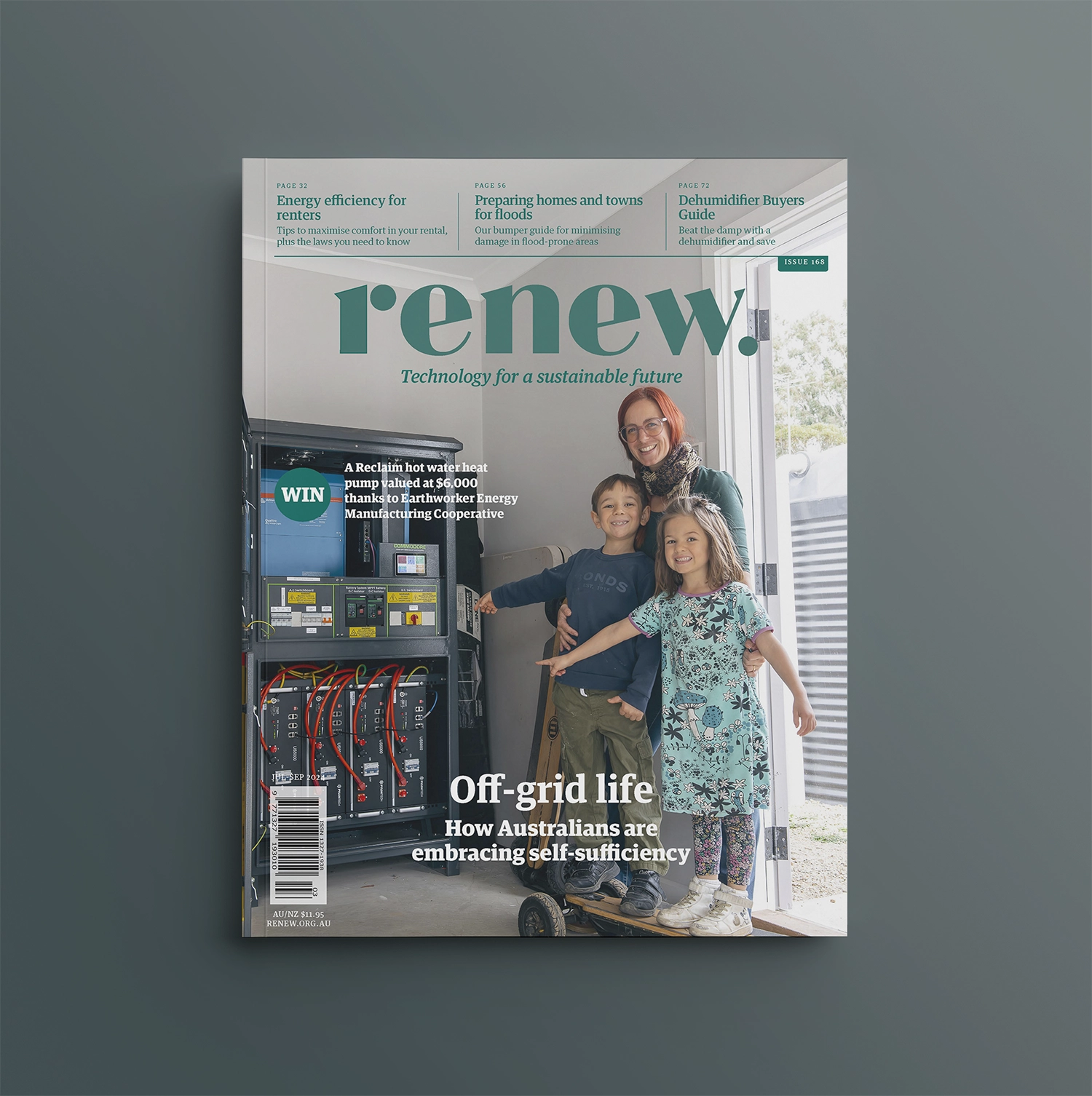Choosing home appliances

Renew’s Rachel Goldlust unpacks your options for electric appliances around the home.
When it comes to energy use in a household, there is both the “appliance energy use,” which is everything in the house excluding vehicles, and the “total energy use,” which includes both the appliances and the vehicle fuels used.
Household appliances and equipment account for an average of 30% of the total residential energy consumption in Australia. However, this proportion will vary by household depending on the climate, the types of appliances in the home, and the way they are used. The energy use per household of lighting, cooking and other appliances (whitegoods, IT, TVs etc) is fairly consistent across each state.
When weighing up the cost of your appliance, the initial price does not tell the whole story. An appliance isn’t a bargain (and it won’t be an environmentally sound purchase) if it only lasts a few years or requires regular repairs. You can save a considerable amount of money over time by looking at running costs as a ‘second price tag’ and choosing products accordingly.
Many appliances with a less expensive purchase price may end up costing you far more over the product’s lifespan. Remember, refrigerators last between 10-20 years; clothes washers between 7–12 years (top loading), 12–20+ years (front loading); and air conditioners last about nine years.
When it comes to larger appliances such as those heating and cooling our air and water, the decision-making becomes slightly trickier. Most advocates for replacing and phasing out inefficient gas appliances are currently recommending waiting until the natural end-of-life of that appliance as the most sustainable and economically beneficial decision.
The two most popular and energy-efficient fully installed electricity-based heating options are reverse-cycle air conditioning and hydronic heating. Likewise, using a heat pump water heater provides significant efficiency gains over the old gas hot water boiler. Heat pump hot water systems are much more efficient than resistive electric water heaters which use an element, much like your kettle. On the existing electricity grid, the cost of water heating is roughly halved when using a heat pump compared to a natural gas water heater.
If you cook often, the best tip is to look for a well-insulated electric oven. New induction cooktops are also far surpassing gas stoves for efficiency, as they ensure a more precise and even heat that can also save you money since the cookware absorbs the heat rather than the surface of your appliance.
Appliance selection can seem simple, but there is a fair bit to consider. There are several steps, the first of which is to list the requirements of the new appliance. Choose appliances and technologies that are the right size for your needs, and that use the lowest number of watts or megajoules. Avoid the lure of upgrading to bigger products or those with more features you may never use. It pays, for example, to refer to the energy rating of each fridge that you’re looking at.
Some people are concerned that the energy savings from replacing an old appliance may be cancelled out by the energy required to manufacture the new one. Studies show that the embodied energy is recovered within a few years as the best new models are much more energy and water-efficient than the appliances they replace.
The mandatory Energy Rating labels on all appliances help consumers identify the most energy-efficient products. The label generally shows a star rating from 1 to 6 stars: the more stars, the more efficient the product (but some appliances go up to 10).
There’s an Energy Rating app available for all types of phones, or you can go to the Energy Rating website and compare the efficiency of appliances. The rating is based on how much energy that product uses typically, compared with similar appliances. Appliances with the lowest annual energy consumption will typically have the highest star rating, but it’s best to compare all the specifications to ensure it will be the most energy efficient for you.
Further reading
 Efficient homes
Efficient homes
Building for a changing climate
Are we building homes for the future, or for the past? Rob McLeod investigates how climate change is impacting home energy ratings and the way we build our homes.
Read more Efficient homes
Efficient homes
Gas and our health
Dr Ben Ewald uncovers the health effects of gas in the home.
Read more

